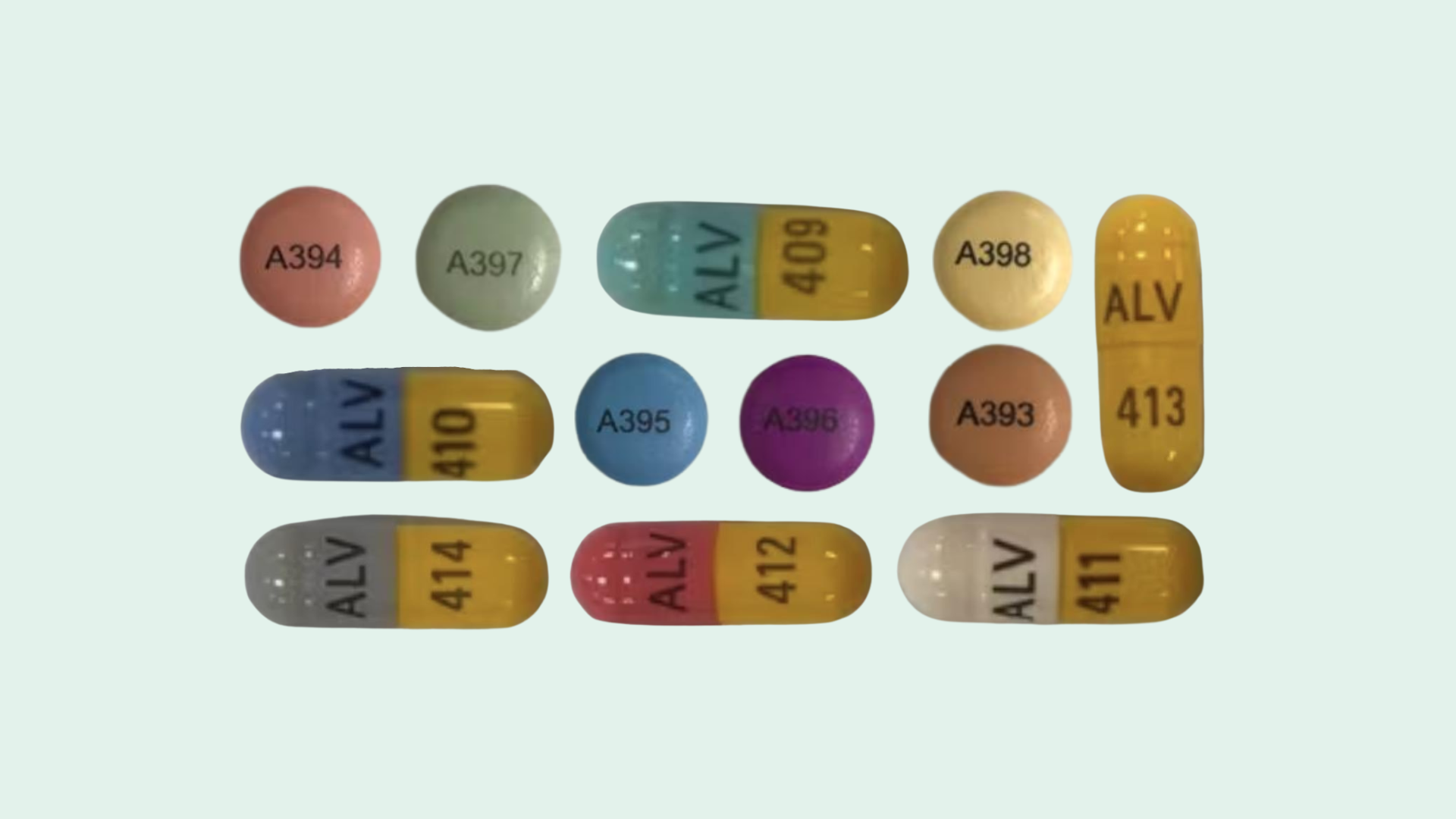Signs of Hydrocodone Addiction
When someone has ab addiction to hydrocodone, it fosters not only negative physical effects, but psychological and behavioral changes as well.Physical Indicators
The physical effects of hydrocodone use can provide early warning signs of addiction. Immediately after taking the medication, individuals may experience drowsiness, constricted pupils, and mild euphoria. Over time, as tolerance builds, users may exhibit more pronounced symptoms such as- Nausea and vomiting
- Constipation
- Slowed breathing and heart rate
- Muscle weakness
- Dry mouth
- Blurred vision
- Confusion and disorientation
Behavioral Changes
Alongside physical manifestations, behavioral shifts can also signal the onset of hydrocodone addiction. These may include- Taking the medication in higher doses or more frequently than prescribed
- Continuing to use hydrocodone despite negative consequences
- Prioritizing drug use over work, school, or personal responsibilities
- Experiencing intense cravings or withdrawal symptoms when the drug is unavailable
- Engaging in doctor shopping or other methods to obtain additional prescriptions
- Isolating from friends and family, or losing interest in once-enjoyable activities
Psychological Symptoms
The prolonged use of hydrocodone can also lead to various psychological effects, such as- Mood swings and irritability
- Anxiety and depression
- Dysphoria (a general sense of unease or dissatisfaction)
- Hallucinations or psychosis in severe cases
What Are the Effects of Hydrocodone Addiction?
In the short term, hydrocodone use can produce a range of side effects, even when the medication is taken as prescribed. These may include- Drowsiness and lethargy
- Reduced stress and anxiety, which can lead to risky behavior
- Numbness or muscle weakness
- Increased tolerance, requiring higher doses to achieve the desired effects
- Liver damage or failure due to the combination of hydrocodone and acetaminophen
- Bowel obstruction from chronic constipation
- Irregular heartbeat and respiratory depression
- Allergic reactions such as rashes, hives, and itching
- Psychosis, hallucinations, and coma
- Increased risk of overdose and death

